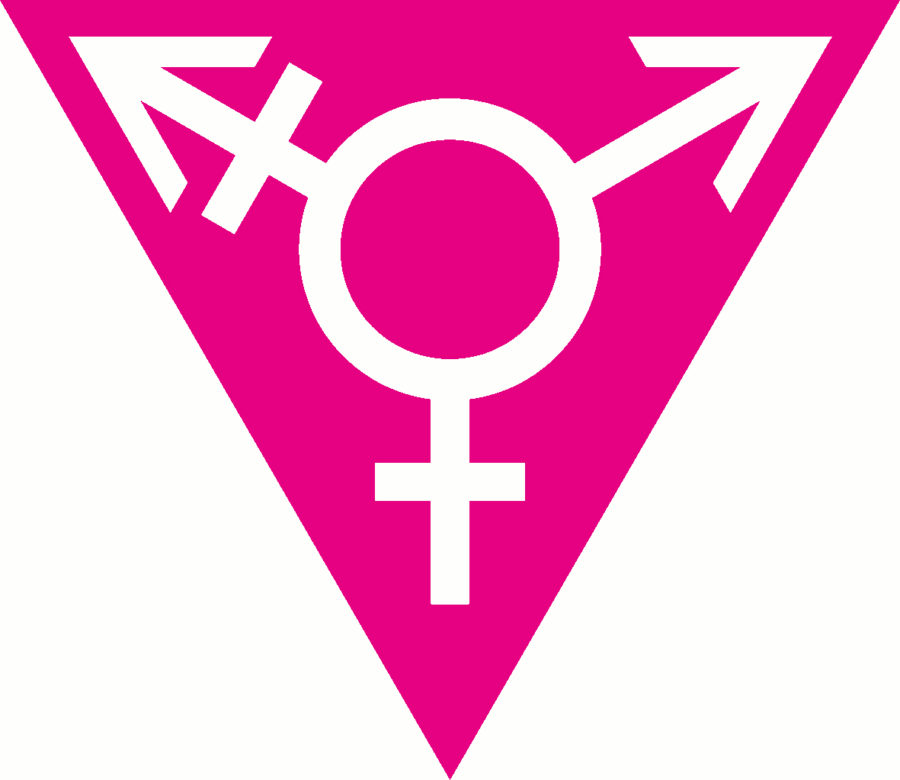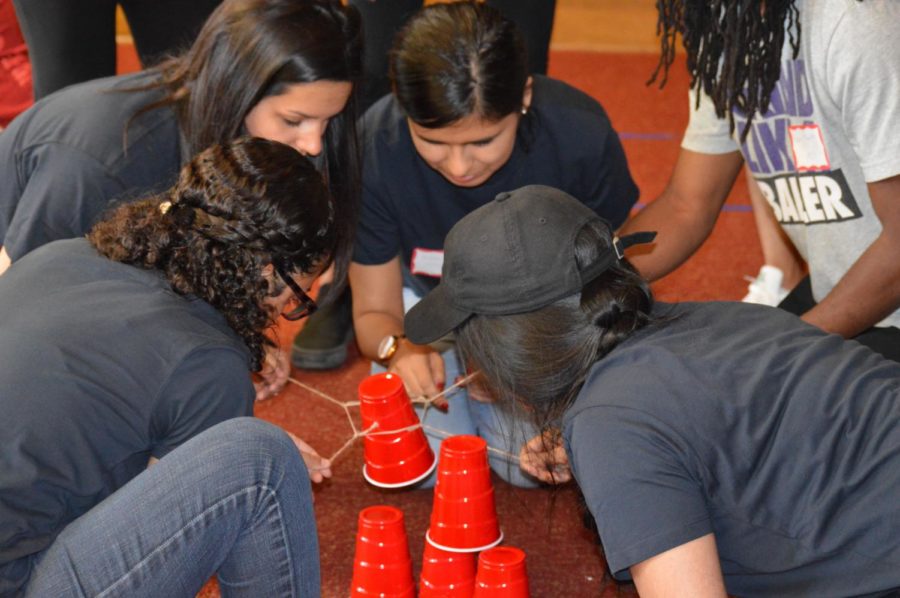Brown: U.S. needs to make advances on transgender issues
We as a society need to be more aware of the transgender community to stop the perpetuity of hate and violence.
May 5, 2014
The United States has often thought of itself as a leader in innovation, progress and freedom. In certain aspects of these virtues, however, we lag far behind the leading edge.
The Supreme Court of India, in a ruling last Tuesday, recognized and affirmed the dignity of transgendered persons by saying that they have the right to determine which gender — man, woman or a completely distinct third category — they wish to be legally recognized as.
Here in the United States, different states can set their own laws regarding how transgendered individuals are treated. Some states, like Iowa, allow for legal gender reassignment without proof of a medical procedure. Others require such an operation to be completed before sex can be changed on certain government issued identification, like a birth certificate. There are even a few states which simply will not alter birth certificates for transgendered citizens, and will not recognize them as the gender they prefer.
All of these different laws, though, operate under the assumption that there are two genders and only two genders. Gender, as distinct from sex, refers to the social implications of being a man or a woman [or someone else altogether]. Sex, as commonly understood, refers to an individual’s biological makeup and genetics.
Biologically speaking, it would seem to be fairly easy to draw a distinction between males and females. In the case of humans, we are taught in our basic science education that a person’s 23rd chromosome pair will either be two “X’s” and the person will be female, or they will be male and have an “X” and a “Y.” Even this genetic rule can be broken, however.
Various estimates exist, but there are plenty of individuals walking among us that exhibit some form of genetic variation apart from the usual XY/XX. Klinefelter’s Syndrome is just one of these variations, and occurs when a third chromosome is added, resulting in an XXY arrangement. People with Klinefelter’s will be male, but will have reduced testicular growth, which can lead to a host of other symptoms that fundamentally change many of the characteristics we associate with males.
Such genetic abnormalities and simple run of the mill human differences lead any reasonable person to the conclusion that the gender dichotomy as we know it doesn’t really exist. Certainly, societal forces have claimed for thousands of years that there are men and there are women. Various human societies have also spent thousands of years claiming the sun is a god and the earth is flat.
Maybe, instead of taking society’s — or anyone else’s — word for it that every person fits into one of two neat categories, we should accept the fact that some people just don’t belong in the gender we might think they do, or that they may not fit into either main gender. After all, telling someone else how they must identify themselves seems more than a little intrusive, if not downright absurd.
Admittedly, there are some instances where it may be a little difficult to imagine how a world without strict gender classifications would work, such as public restrooms.
What would stop a man or woman from walking right into the opposite restroom and ogling the patrons, only to claim protection as a transgendered individual? The very same thing that stops gay men, lesbians and most everyone else from doing something similar now: common decency.
It does not take a genius to figure out when someone is behaving inappropriately in public restrooms, which are much more private than we like to think anyway. Think of the last time you used a public restroom. If there was ever a time when you were actually publicly indecent, you were probably using it incorrectly.
But what would you call a transgendered person? Sir? Ma’am? It probably matters less which pronoun is used and more the level of respect given. If someone corrects you, take the hint. If someone gets offended at an honest mistake made with no malice, it is a fault of theirs and theirs alone.
Of course, as every person should have the right to identify themselves as they wish, every person has the right to disapprove. Thinking poorly of someone because they fail to meet expectations of any kind is something we all are allowed to do, but that does not mean our government and public places should share such sentiments.
There is a very simple and very effective way to avoid any and all people that we do not approve of or are uncomfortable around: staying home. No one is guaranteed the right to see and meet only who they wish in public, but everyone has the right to be there. Accordingly, our governments and our society should embrace the notion that people really are whoever they are. Any person who disagrees is free to hold such views, but is not entitled to have those views overpower the basic rights and self-respect of others.
This means recognizing the intrinsic dignity that should be afforded to transgendered and non-transgendered individuals, both in our laws and in our interactions with one another.

















